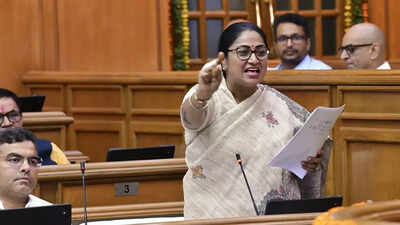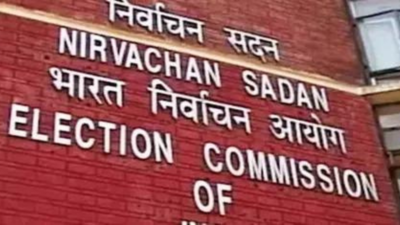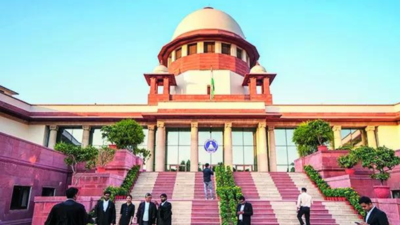Delhi Assembly passes School Fee Regulation Bill 2025; rejects AAP amendments; enforces strict rules, penalties for arbitrary hikes

The Delhi Assembly on Friday passed ‘The Delhi School Education (Transparency in Fixation and Regulation of Fees) Bill, 2025’.The bill grants the government greater oversight over how private schools revise their fees and impose penalties for arbitrary hikes. The Aam Aadmi Party (AAP) had proposed eight amendments to the Bill which were rejected during voting.Speaking in the assembly, Delhi’s CM Rekha Gupta hailed the bill, saying that it will ensure that schools will now be viewed as temples of education and not commercial establishments. “This Bill will provide relief to households from the worries of school fees. Schools will now be temples of education and not commercial establishments,” she added. She further said that the bill will give justice to parents: CM Rekha Gupta in Delhi Assembly.In the 2025–26 academic year, many private schools in Delhi raised their fees significantly, by 30–45% in some cases. Protest followed. On July 20, 2025, parents gathered at Jantar Mantar, demanding transparency in fee structures and immediate government intervention.The bill makes it mandatory for schools to obtain prior approval for any fee hikes from a government-appointed regulatory body. It further asks for transparent disclosure of all charges and components in the fee structure. It also includes penalties for violations, including monetary fines and de-recognition of non-compliant institutions. A formal grievance redressal system for parents to challenge arbitrary hikes or mistreatment has also been set up.Targeting the previous AAP government, the Delhi CM said its education model was built on “corruption and false promises.” She accused AAP of dashing parents’ hopes of quality private schooling while also neglecting public education infrastructure. “Out of 795 school buildings, only 241 are permanent. Even today, many schools operate under tin sheds,” Gupta said. “This was their idea of reform.”




